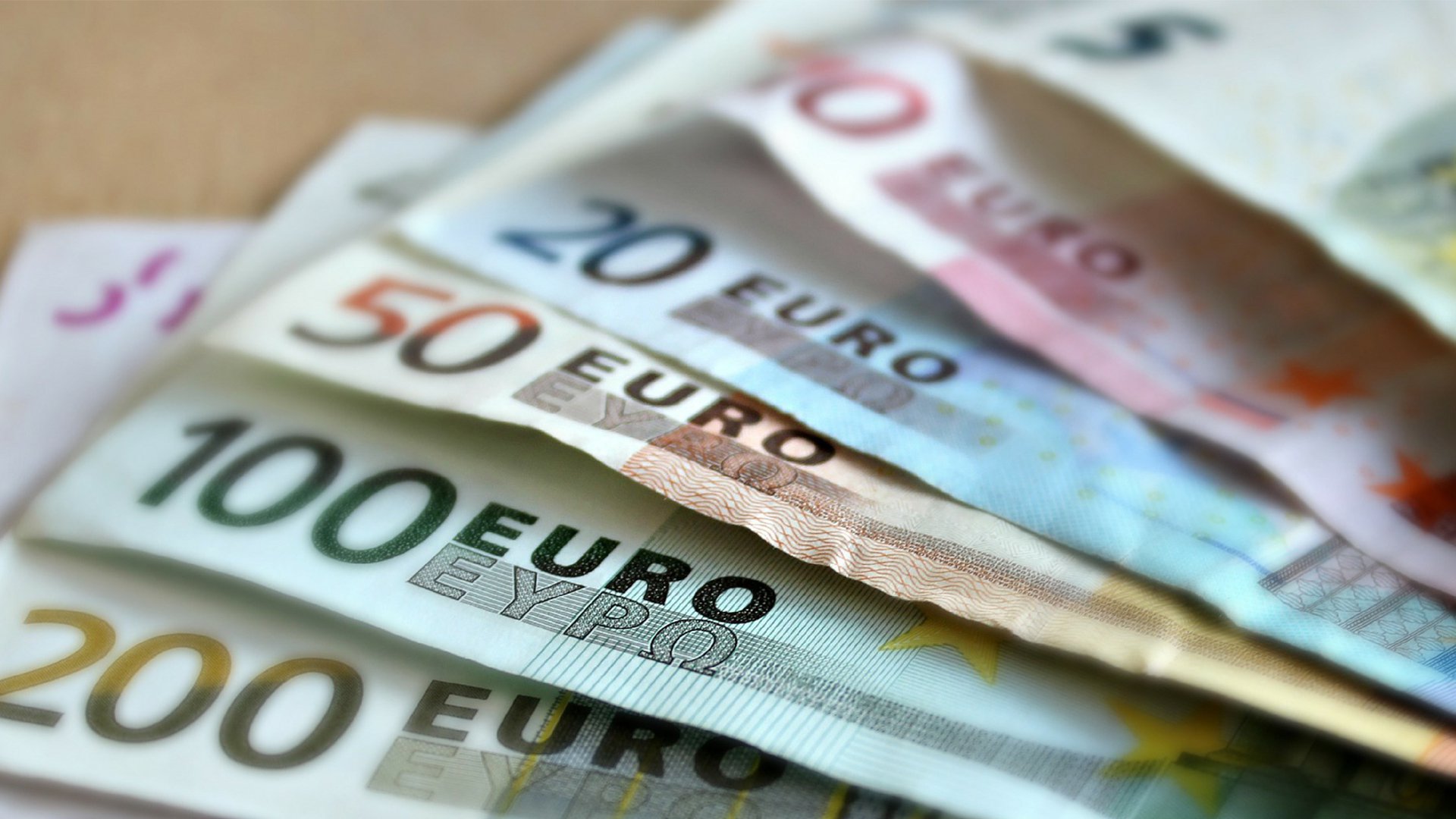In his lab, banknotes from various countries were exposed to potentially pathogenic bacteria. After 24 hours had passed, researchers counted the number of colonies that had grown on notes from currencies including the euro, the US dollar, the Croatian kuna and the Romanian leu. Leu notes proved the most fertile breeding ground for bacteria. The researchers believe this is mainly due to their source material, a plastic-like fibre that retains more bacteria than classic cotton fibres. The bacteria that had grown on the leu and dollar notes could even be traced after the notes had been passed on to test subjects. No bacteria of any kind grew on the kuna notes. The researchers were unable to determine exactly how these notes differed from the other ones.
At first glance, this study might appear frivolous. However, investigating the structure and materials of banknotes in this way allows countries to print notes that are as hostile to bacteria as possible. This will help combat the growing problem of the spread of resistant bacteria.
Sources: BMC , Improbable Research

